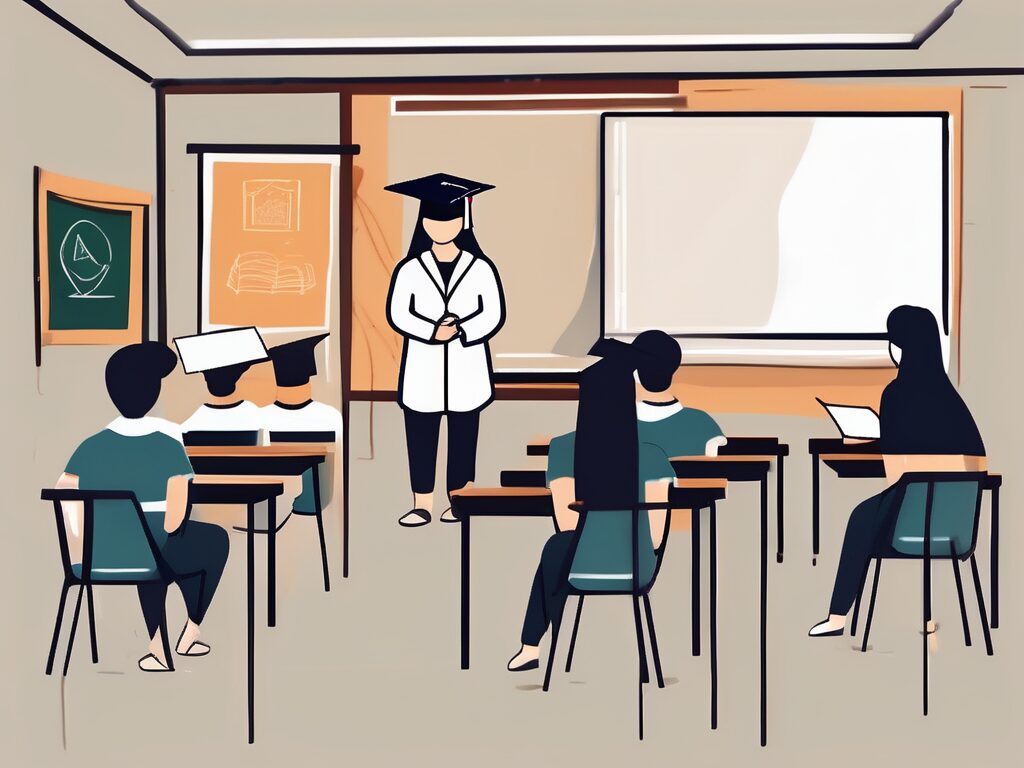Do You Need a 2.1 to Be a Teacher?
For aspiring international educators, understanding the qualifications needed to become a teacher is crucial. One common question is whether a 2.1 degree is necessary. In this article, we will explore the importance of degree classifications, the skills required for teaching, and how to embark on a successful teaching career.
Why Is It Important for Aspiring International Teachers?
The global job market for teachers is competitive, with many international schools seeking highly qualified candidates. A 2.1 degree, equivalent to a second-class upper division, is often seen as a benchmark for academic excellence. However, it’s not the only factor that determines your eligibility to teach abroad.
According to recent data, schools prioritize candidates with strong teaching skills, relevant experience, and a passion for education. While a 2.1 degree can enhance your application, it’s not an absolute requirement.
Key Skills or Qualifications Required
To succeed as an international teacher, consider the following key skills and qualifications:
- Teaching Certification: Obtain a recognized teaching qualification, such as a PGCE or equivalent.
- Classroom Experience: Gain practical experience through internships or teaching assistant roles.
- Adaptability: Be open to different cultures and teaching methods.
- Communication Skills: Develop strong verbal and written communication abilities.
- Continuous Learning: Stay updated with the latest educational trends and technologies.
Steps to Get Started
Embarking on a teaching career involves several steps:
- Research: Identify the qualifications required by your target schools or countries.
- Certification: Enroll in a teacher training program to obtain necessary certifications.
- Experience: Gain classroom experience through volunteering or internships.
- Networking: Connect with educators and join professional teaching organizations.
- Application: Prepare a strong application highlighting your skills and experiences.
Challenges and How to Overcome Them
Teaching internationally comes with its own set of challenges, such as cultural differences and language barriers. To overcome these, consider the following strategies:
- Language Skills: Learn the local language to better connect with students and colleagues.
- Cultural Sensitivity: Educate yourself about the local culture and customs.
- Flexibility: Be prepared to adapt your teaching style to fit different educational systems.
- Support Network: Build a community of fellow educators for support and advice.
Best Practices and Tips for Success
To thrive as an international teacher, follow these best practices:
- Engage with Students: Foster a positive and inclusive classroom environment.
- Professional Development: Continuously seek opportunities for growth and learning.
- Reflective Practice: Regularly assess and improve your teaching methods.
- Technology Integration: Utilize digital tools to enhance learning experiences.
Conclusion
While a 2.1 degree can be beneficial, it’s not the sole determinant of your success as a teacher. Focus on developing the necessary skills, gaining experience, and pursuing relevant certifications. By doing so, you can open doors to rewarding international teaching opportunities.
Want to become a teacher in a Tier 1 international school? Join the course here.

